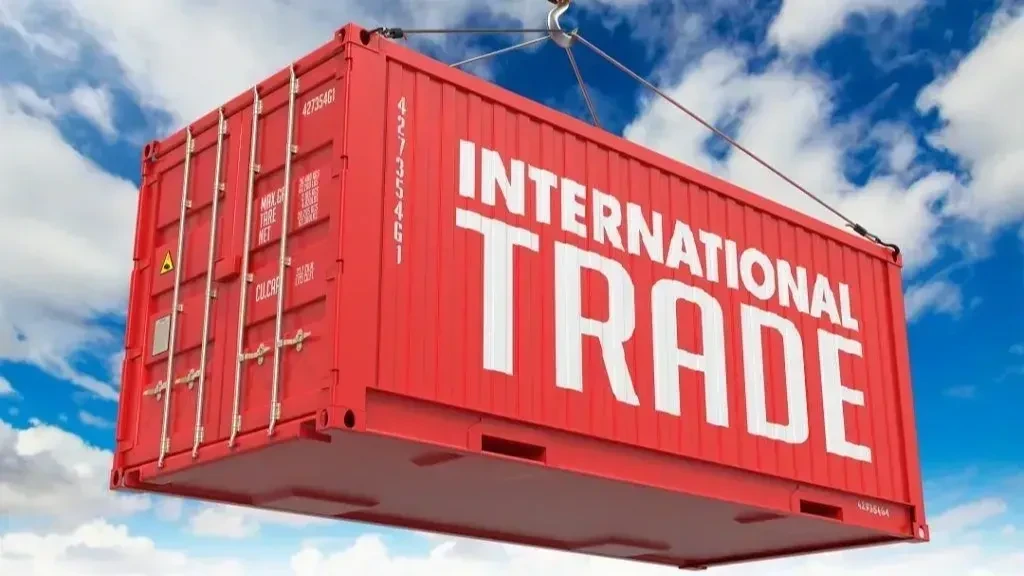Trade unions ought to be able to address wider labour crises

BRAINSTORMING by stakeholders here and elsewhere on how to confront challenges usually comes up with new ideas.
That was witnessed recently as the Tanzanian minister overseeing the Labour docket asked African trade unions to step up efforts in addressing labour market challenges.
The key issue was identified as technology shifts and the impact of climate change on the work environment, which is but part of a wider global debate also sewn up with issues relating to sustainable development.
Much of Africa is experiencing instability owing to failing rural and urban prospects with different reactions as either urban riots or rural insurgency.
That is why the occasion of the 46th general meeting of the Organisation of African Trade Unions Unity (OATUU) now in progress in Dar es Salaam (Aug 20 to 22) is an opportunity for examining how these changes relate to workers’ rights, social justice and inclusive development, as trade unions are crucial partners in achieving sustainable development.
That is well said though inconclusively – in that trade unions are representatives of employed people, while the crisis is that of unemployment rather than wage levels as trade unions may make it out to be.
In that case, the collaboration sought with trade unions is relevant to having fair work environments while its other claims are misplaced.
It is hard when trade unions are classified as vital partners in achieving sustainable development, equity and stability, as their prime objective is obtaining living wages – and, if possible, for everyone.
That has marginally been achieved in Tanzania as the minimum wage in the public sector has been raised to 0.5m/- monthly, which the minister saw related to the use of social dialogue and ‘tripartism’.
That meant a collaborative approach involving the government, employers and workers as the foundation for the country’s labour governance. The peace that the government seeks with trade unions and calming the workforce isn’t the biggest threat.
Rather, the real threats are unemployment and persistently poor earnings in casual, informal work.
This is because here lies the foundation of all ills, like creeping anger which in some countries has touched off youth-led rebellions by nature induced by the allure of quick-fix solutions.
There is a welter of suggestions already tried in that direction, with one school of thought also characterising keen policy sentiments among multilateral agencies.
These relate to sorting out youth unemployment and gaps in social protection, with expanded vocational training initiatives being uppermost. Most experts tend to agree that this is the solution.
This impression is an article of faith among global experts on the issue who see the problem as arising from liberal policies leading to efficiency gains in industry and services, thus removing so many people from work.
Their solutions aren’t far from those of trade unions in seeking wide assurance of social inclusion as in the Universal Health Insurance policy, while governments are careful not to budget for it but seek quasi-voluntary inclusion.
There are other solutions that are being avoided, for instance putting public firms on the market, getting major investors and liquidating or at least reining in the main part of the national debt.
That would enable the government to ensure free supply of basic drugs the way it has enabled all school going children to enrol, without fees, though would not necessarily stand as a cure-all.
Top Headlines
© 2025 IPPMEDIA.COM. ALL RIGHTS RESERVED

















